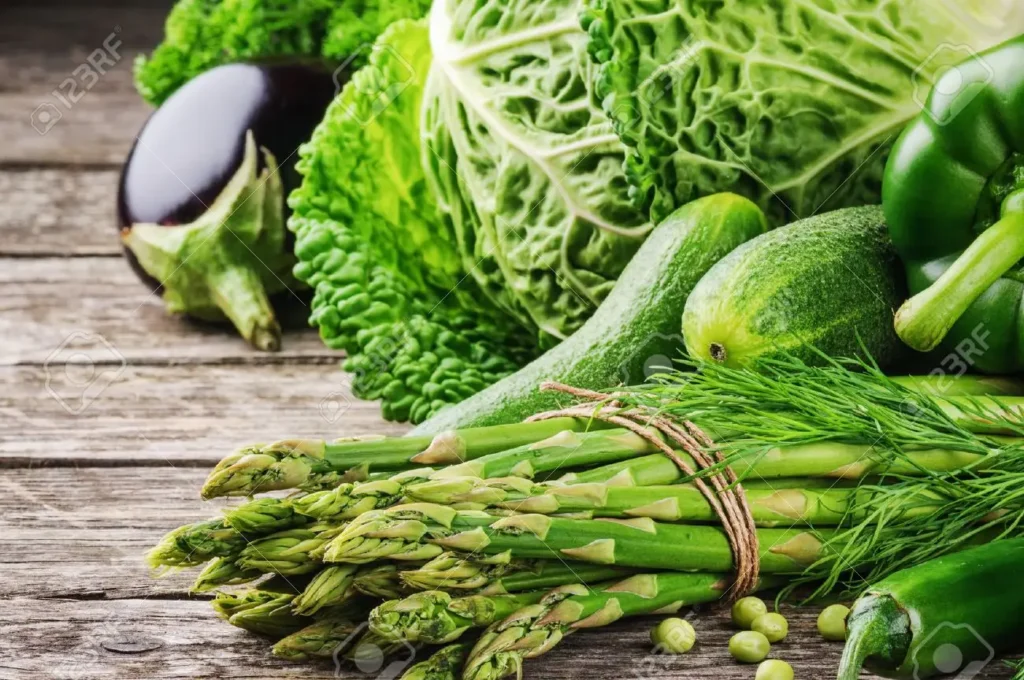Carrots are a well-loved and healthy vegetable with a rich orange color. This color is because of beta-carotene, an antioxidant that makes carrots look orange. Carrots are more than just colorful; they’re great for you because they have many vitamins, minerals, and fibers. An important thing to know about carrots is their pH level. What’s the pH level of carrots? And are carrots more on the acidic or alkaline side?
Table of Contents
- Understanding pH Levels
- Carrots and Their pH Level
- What Changes a Carrot’s pH?
- 1. The Kind of Carrot
- 2. How Ripe They Are
- 3. How They Were Grown
- 4. How They Are Cooked or Processed
- Why Carrots Are Good for You, Even Though They Are Acidic
- How Carrot pH Affects You
- 1. Helps with Digestion
- 2. May Protect Against Cancer
- 3. Boosts Your Immune System
- 4. Can Make Your Urine More Alkaline
- 5. Helps Your Body Detox
- How to Balance the Acidity of Carrots
- In Conclusion
Understanding pH Levels
The term “pH” means “potential hydrogen” and tells us how many hydrogen ions (H+) are in a solution. The pH scale goes from 0 to 14. A pH of 0 is very acidic, 14 is very alkaline, and 7 is right in the middle—it’s neutral, like pure water. If the pH number is getting smaller, it means there are more hydrogen ions and the solution is more acidic. A larger pH number means fewer hydrogen ions and that the solution is more alkaline.
pH is a big deal in science, health, and what we eat because it shows how acidic or alkaline something is. Our body needs a good balance of both to work well. Keeping an eye on pH can help us understand how different things affect our health.
Carrots and Their pH Level
Raw carrots have a pH that can be anywhere from 4.9 to 6.5, which means they are usually a bit acidic. This acidity comes from the natural acids in carrots, like malic acid and oxalic acid. Even though they are acidic, carrots have lots of good stuff like nutrients and antioxidants that are great for us.
When you compare carrots to other foods, you’ll see they are not as acidic as citrus fruits, tomatoes, apples, and pears. But they are more acidic than some veggies like asparagus, avocado, celery, broccoli, lettuce, peppers, and spinach. So, they are kind of in the middle when it comes to how acidic vegetables are.
What Changes a Carrot’s pH?
The pH level of carrots can change because of a few things. This is why they can have a pH from 4.9 to 6.5:
1. The Kind of Carrot
There are lots of different carrot types—over 100! Different types can have slightly different pH levels. For example, Chantenay carrots are usually more on the acidic side, while Imperator carrots are less acidic and have a higher pH.
2. How Ripe They Are
As carrots get riper, their pH goes down, which means they get more acidic. Carrots that have just been picked and are not fully ripe will have a higher, more alkaline pH.
3. How They Were Grown
The soil where carrots grow can change their pH too. If the soil is more acidic, the carrots might soak up more acid and have a lower pH. If they grow in soil that is more alkaline, then the carrots will be less acidic and have a higher pH.
4. How They Are Cooked or Processed
Changing the way you cook carrots can also change their pH. If you boil, steam, roast, or can them, they usually become more acidic. Making them into a puree or juice might lower their pH because the acids get stronger. But if you cook them for too long, they might become more alkaline instead.
So you can see, a few things can make carrots more acidic. But on average, they are somewhere between mildly and moderately acidic.
Why Carrots Are Good for You, Even Though They Are Acidic
Carrots might be a little acidic, but they’re still packed with benefits for your body. Here’s why they are good for you:
- They have lots of antioxidant carotenoids like beta-carotene and lutein.
- They give you a healthy dose of vitamin A, which is important for your eyes and skin.
- They are full of B vitamins like folate and pyridoxine.
- They are a good source of fiber, which helps your digestion and gut stay healthy.
- They have nutrients like vitamin K, potassium, manganese, and phosphorus.
- They contain things like polyacetylenes and falcarindiol that can reduce inflammation.
- They are rich in carotenes that might help protect against certain types of cancer.
- Their natural sugars can give you energy and help you do better in sports.
- They can help your heart by lowering cholesterol and blood pressure.
As you can tell, carrots have many good things that outweigh their small amount of acidity.
How Carrot pH Affects You
Let’s look at how the slightly acidic nature of carrots influences your body:
1. Helps with Digestion
The little bit of acidity in carrots can help your stomach break down food. If you ferment carrots, they can make good bacteria for your gut. Carrots also make your liver produce more bile, which helps you digest fats.
2. May Protect Against Cancer
The antioxidants in carrots, like carotenoids, help protect your cells from damage. This might lower the chance of getting some types of cancer. But, if you eat too much oxalic acid from carrots, it could irritate you and maybe even make tumors grow faster if they’re already there.
3. Boosts Your Immune System
Carrots have vitamin A, which strengthens your immune system, and they can fight off germs. Yet, if you get too much carotene from carrots, it might weaken your immune system according to some studies.
4. Can Make Your Urine More Alkaline
Even though carrots start out acidic, when you eat them, they can actually help make your urine less acidic. This is good for keeping a healthy balance in your body.
5. Helps Your Body Detox
The acids in carrots help your body get rid of toxins by binding to heavy metals. They also help increase an antioxidant in your body called glutathione, which is important for getting rid of toxins.
Eating carrots in normal amounts is beneficial for digestion, immunity, helping keep your body in balance, and detoxing. But if you have a sensitive stomach, you might need to watch how many carrots you eat. Overall, carrots are a wonderful choice for anyone who wants to eat more veggies.
How to Balance the Acidity of Carrots
Carrots might be a bit acidic, but they have lots of nutrients. Here are some ways to manage their acidity:
- Eat more alkaline foods like leafy greens, squashes, avocados, and wheatgrass.
- Pick younger, less ripe carrots, which have less acid.
- Drink lots of water to help get rid of any extra acid.
- Don’t cook carrots too much, which can make their acid stronger.
- Try carrots raw, roasted, or steamed rather than boiled or made into juice.
- Eat carrots with other foods, not just by themselves, especially if your stomach is empty.
- If you have stomach problems like GERD or ulcers, watch how many carrots you eat.
- Combine carrots with healthy fats like olive oil, nuts, or seeds.
- Mix carrots with fruits that don’t have much sugar, like berries, to help balance the pH.
By following these ideas, you can enjoy all the great things about carrots and keep their acidity level just right for your body.
In Conclusion
Carrots are usually a little bit acidic, with a pH mostly between 4.9 and 6.5. This acidic quality is because of the natural acids inside them. But don’t worry—carrots are still full of nutrition because of the antioxidants, vitamins, and minerals they provide. Plus, they’re good for our health overall.
The acids in carrots might even help with things like aiding digestion, cleaning your body of toxins, and keeping a healthy balance. By using the tips above for managing their pH, you can enjoy tasty and healthy carrots as part of a balanced diet.




